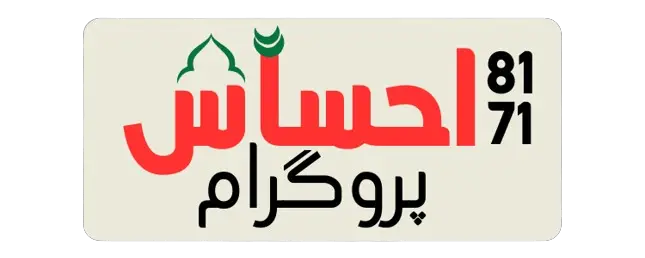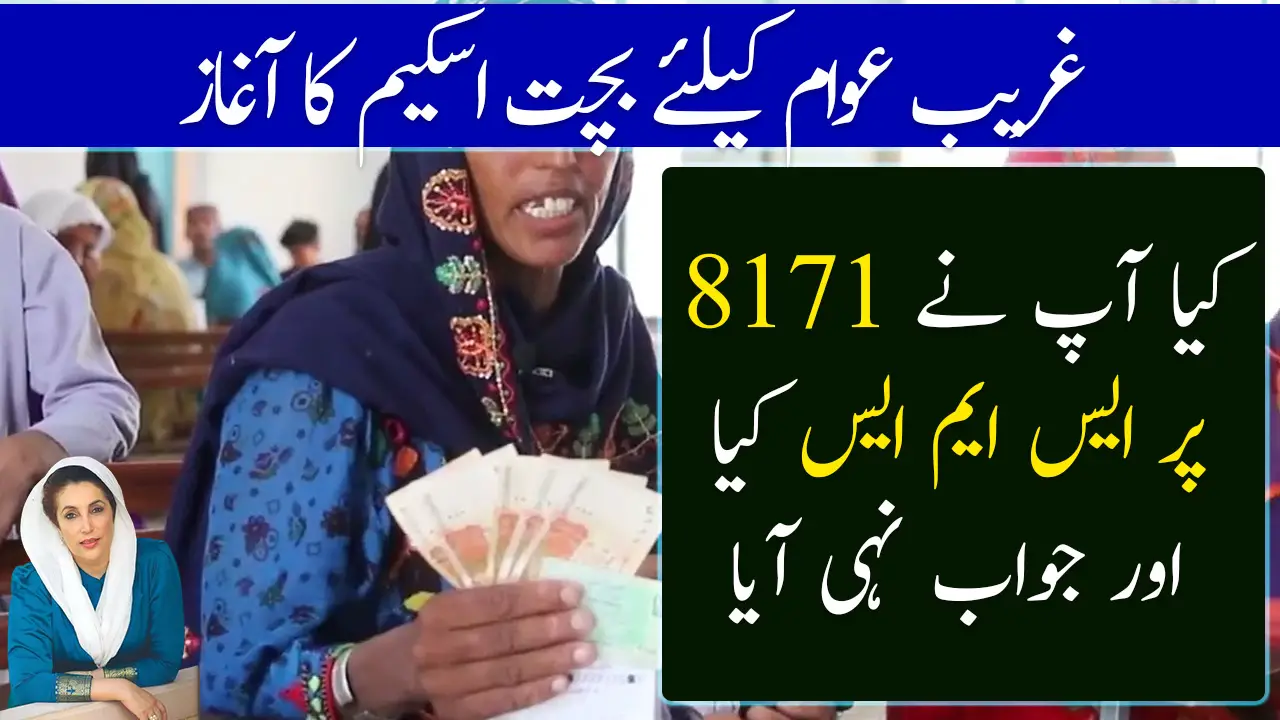The Benazir Income Support Program (BISP), widely recognized for its efforts to uplift underprivileged communities, has taken a bold new step by introducing a savings program aimed at providing financial stability to low-income families across Pakistan. Officially launched on [insert launch date], this program is designed to help participants manage their finances better, while also promoting a culture of saving among the poor.
Contents
Key Benefits of the BISP Savings Program
- Empowering Financial Independence The new savings program encourages low-income families to save regularly, fostering greater financial independence. By depositing a portion of their BISP cash transfers into dedicated savings accounts, participants will gain the ability to better manage their finances and reduce financial instability.
- Access to Secure Savings Accounts Through partnerships with local banks, the program enables beneficiaries to open secure, no-fee savings accounts. This step ensures that even those who have never engaged with formal banking can now safely deposit and manage their savings.
- Regular Cash Transfers with Savings Option The program continues BISP’s monthly cash transfers, but now offers an option for recipients to deposit part of their funds into a savings account. This can help families prepare for unforeseen expenses like medical emergencies or education fees, offering a financial cushion for the future.
- Incentives for Savers To encourage active participation, BISP has introduced incentives for regular savers, including interest or bonus contributions for those who consistently save a portion of their monthly transfers. This initiative promotes better long-term financial planning for beneficiaries.
- Women’s Financial Inclusion Given that many BISP beneficiaries are women, the savings program is a significant step towards financial empowerment for women. Having their own savings accounts will allow women to take greater control over household finances, enhancing their role in family decision-making and improving their financial security.
- Financial Literacy Support BISP is offering financial literacy training to help participants understand the importance of saving, budgeting, and smart financial decision-making. This education will help families become more financially aware and break the cycle of poverty.
Who Qualifies for the BISP Savings Program?
To qualify for the new BISP savings program, participants must meet the following criteria:
- Current BISP Beneficiaries: The program is open to individuals already receiving financial assistance under the Benazir Income Support Program.
- Low-Income Families: Households classified under the poverty scorecard system, who fall below a specific income threshold, will be eligible.
- Women-Focused Initiative: The program particularly focuses on women heads of households, although male beneficiaries can also participate.
Requirements for Participation
Participants who wish to join the savings program must meet a few simple requirements:
- Valid CNIC (Computerized National Identity Card): All participants must hold a valid CNIC to register for the savings program and open their bank accounts.
- BISP Enrollment: Beneficiaries must already be enrolled in the BISP monthly cash assistance program.
- Bank Account Registration: Those eligible must sign up for a bank account through one of BISP’s partner banks. The process is quick and free of charge.
Why the BISP Savings Program Matters
This savings program is a landmark initiative in BISP’s ongoing efforts to tackle poverty in Pakistan. By encouraging savings, offering incentives, and promoting financial inclusion, BISP aims to provide low-income families with the tools they need for long-term financial stability. This program not only supports economic empowerment but also ensures that vulnerable populations, especially women, are included in the country’s financial system.
The introduction of this savings program highlights BISP’s continued commitment to improving the lives of Pakistan’s most disadvantaged citizens. As more families begin to engage in saving and formal banking, the overall economic outlook for Pakistan’s poor will undoubtedly improve.

